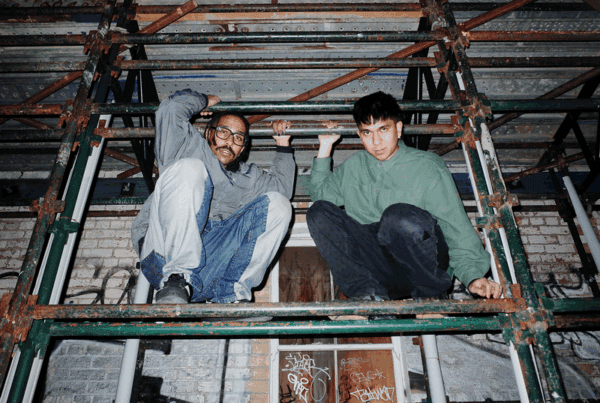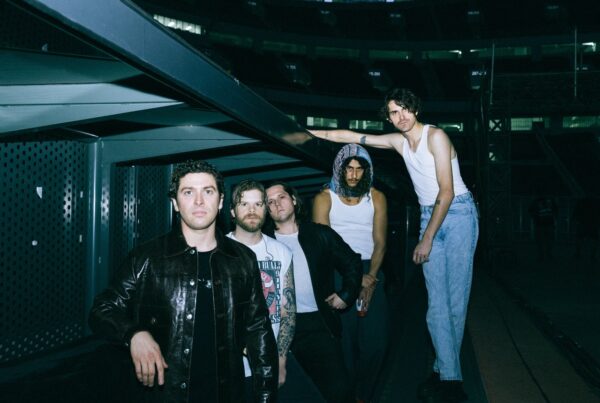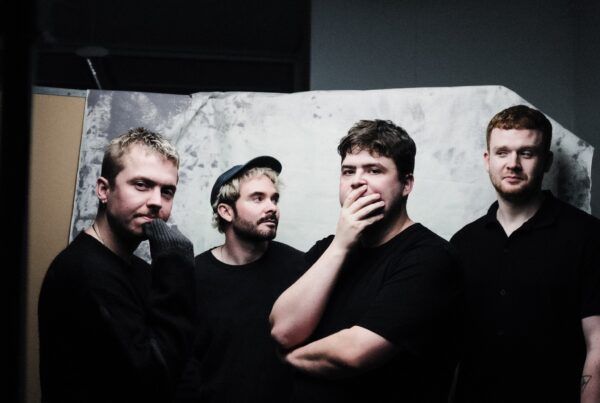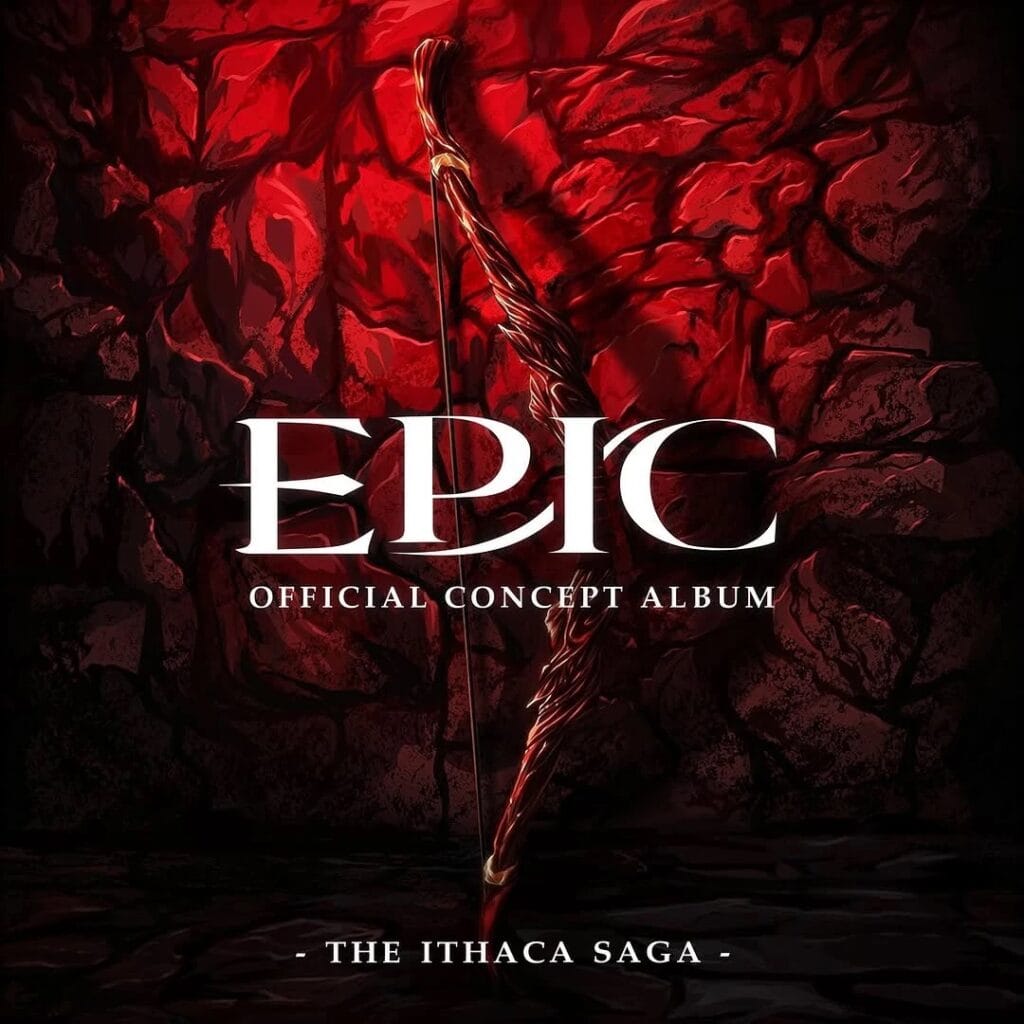Hull’s grime kingpin Chiedu Oraka found meteoric success on Spotify’s Shutdown Playlist, joining the highest echelons of the scene where Skepta, Stormzy and Ghetts reign supreme. Not only has Oraka made a habit of topping Spotify’s charts, but the rapper’s collective Lockdown no longer see the London leagues as idols, but rivals. We spoke to him about the challenges and successes that are all a part of being the poster boy for the northern grime scene.
[like_to_read][/like_to_read]
Oraka’s first taste of mainstream success was when his single ‘Flex’ landed on the lap of Spotify’s senior editor, Austin Daboh – all from a chance taken on a single tweet. A tweet asking Daboh to check out the single was like a shout into the void, with no promise of a return. But the track’s chiasmic bass and garage sensibilities caught the senior editor’s attention: it secured a place on Spotify’s Shutdown Playlist, exposed to its weighty 600,000 subscribers, wracking up 160,000 streams and counting. Chiedu Oraka became an overnight sensation, setting down the foundations as one of grime’s greatest northern superstructures. “I released an EP after that.” Oraka said, “I realised I had found success with ‘Flex’. From then on, getting tracks on that playlist was the goal. It just didn’t happen – but I didn’t stop. Some people might have got a bit sour about it, but I carried on. Fast-forward another year: I worked with Deezkid who is a part of my label. We did a song called ‘Darcy’ through the distributor, just like everyone else does. Bam. It was on the Grime Shutdown playlist again. What was different this time was its position. It was getting all the streams, then next minute, it was the number one track on that playlist. We just couldn’t believe our luck – ‘Darcy’ is the track that keeps on giving. Two weeks ago, I found out I was on the 50 Most Viral playlist on Spotify. I was quite high up on it, I think I was number 8, sandwiched between the biggest artists in the world. It’s still on there. It’s been there for about two or three weeks and it’s still at number 42 in the top 50. It’s mad.”
With this magnitude of success having found Oraka so abruptly, does he consider himself successful? “I think what I’m guilty of is not counting my blessings, in the sense that to the outsiders looking in, it looks like I’ve had a really successful time – but for me, it’s just a starting block. I always want more. I know I’m nowhere near where I need to be. I want to be up there with all the great musicians from the UK. I really want to put my city – the forgotten city – on the map. There’s so much more I could be doing and so much more that’s going to happen. I put down my success, at the moment – if people want to call it success – as being persistent: keep on knocking on the door and working hard.”
The grime genre is synonymous with the urban jungle that is London. Any scenes outside of the capital’s confines are overlooked, to say the least. As a rapper growing up on a North Hull Estate, based there to this day, what advice would Oraka give to rappers trying to establish a career without a London leg-up? “A little history lesson: when I first started doing this, I was just in my mate’s bedroom, freestyling, saying anything that rhymed with an American accent. I didn’t take it seriously at all. Then, my mate Crafty, the founding member of Lockdown, who had a bit of a buzz during the MSN days sending tracks around, said ‘Bro, you need to starting doing it in your own accent. Write your own bars.’ I couldn’t get my head around it, especially with the writing. I thought, ‘Me? Write raps? Nah.’ Did it. Then it just went from there. What I will say to people is work and work and work on your craft. I don’t even think I’ve fully mastered my craft yet, and I’m at the age I am and I’ve been doing it for this long. I always say I’ve only been properly doing this for seven years. Since I released my first mixtape in 2011, I’ve just improved and improved. The day when people say ‘Mate, you’re not improving’, is the day when I’d be really upset. You’ve constantly got to work on your craft. There are things like Soundcloud and Bandcamp: you can release things for free now. Keep on releasing tracks, keep on doing things, keep on practising in your mirror and success will happen. I’m a strong believer in that.”
Grime, by nature, is built on community. Rappers run in packs. Look no further than Boy Better Know: the North London independent record label presided over by the likes of JME and Skepta, pioneering rap not only as a form, but as an enterprise. “I suppose I’ve sort of done that, but done it with my own twist. I just wanted to do something that resembles me. This is what I’ve tried to represent with the Lockdown padlock: really representing that we’re trying to lock everything down – not just the music, the fashion, everything. That is what Lockdown represents. To be a good business it’s important to look the part.”
All music is written from experience. What has influenced the music Oraka creates? “Life.” He answered plainly. “I haven’t had the easiest. I’ve had a lot of trials and tribulations. I think my age group was part of the larger-lout behaviour in the city centre. Me and my quote un-quote “gang” were out most weekends on the streets drinking, going into the town centre, wanting to fight with men because we were angry. We wanted a reputation – we were young and daft. I’ve had my losses, family losses, like everyone else has. I’m from a council estate. I’ve suffered a lot of racism, especially on the estate that I grew up on, being the only black family on there. I draw from everything, and I try to paint a picture. My estate is my influence; my mum, my sister, they’re my influences; my friends.”
Hull, the “forgotten city”, as he called it, is the place that raised Chiedu Oraka. It has faced far more criticism than it deserves, accused of being rough, dead and undesirable. “I’m not going to sit here and pretend I’m not one of those people who have said that. I went to university in Lincoln for three years, and I came back to Hull and I still live in Hull now. I think the music scene is doing well, but I think it could be better. I’m not going to say there aren’t opportunities elsewhere. I’m also not going to sit here and say I don’t see why people say Hull is rubbish, because I do. But the reason why I’m here is because it’s home. I’ll never shy away from home, it’s who I am. Instead of people whining and moaning about it, do something about it. If Hull is not the place to be – do something about it. Change. Stop complaining. If you don’t like going out in the clubs or whatever, don’t go out then. Why go out, and then complain? Do something about it. Do it yourself.”
The opening of the Bonus Arena, a new commercial venue that Oraka launched, is but another artistic outlet that has opening in the City of Culture. What else does he want to see for the future of his city? “I want to see art and culture at the forefront. There is a buzzing little scene here. I want more live venues. I don’t think there are enough. They’ve shut down Früit. We can’t just have The Welly and The Polar Bear and The New Adelphi. For a city this size we need more grassroots venues. We need more. We need people to invest into us. I would like to see a more diverse music scene in a few years, as well.”
Success is something fought for when you’re a grime artist from the north. In some ways, the two are a contradiction in terms. “This might be a big, bold-ass statement but I do think that if I was a London boy, with a London accent, I’d be a lot further than what I am. Even though the competition is greater down there – there’s so much talent, the pool is huge – it’s a gift. The fact I’m from Hull is my selling point. I’m so happy that I’m the underdog. I believe Chiedu Oraka will be the biggest artist in the UK. People will fall in love with the character, and that will make them fall in love with the music. I’m not fake, there are no fancy frills with me. I’m a strictly proper, Northern, Hull lad. No gimmicks. They haven’t seen nothing yet.”






